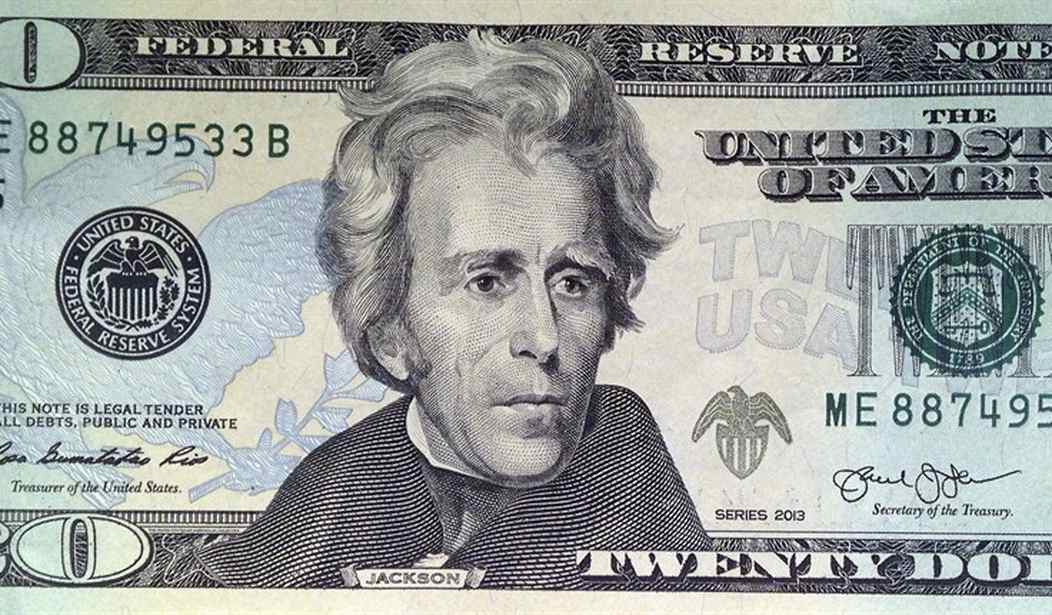From his first day in office, Joe Biden committed to putting freedom pioneer Harriet Tubman on the $20 bill, and some time around 2028, it might happen. In her perilous role as a scout and spy for the U.S. Army during the Civil War, and as an abolitionist and humanitarian, she earned it. She risked re-enslavement at least 19 times in helping others to escape.
Tubman would replace Andrew Jackson, a favorite target of those who rail against his slave ownership – perhaps totaling up to 150 people – while ignoring the context. Nearly everyone in Jackson’s environment was racist at the time. Jackson championed the Indian Removal Act that displaced nearly 46,000 Creeks, Chickasaws, Cherokees, Seminoles, and Choctaws from their ancestral lands. Having ascended to the presidency, perhaps it is time for him to vanish from our currency.
Villains as Viewed in the Future
Nearly everyone has transgressed to some extent, so perhaps the vital issue is, “At what point does the transgression overcome the good?” Or put more positively, “At what point does the good a person has done outweigh the misdeeds?” Suppose that Hispanics working in America today as house cleaners, maids, nannies, gardeners, and lawn keepers, 200 years from now, are regarded as having been exploited.
What if 200 years from now, whatever deeds that Hispanic domestic exploiters otherwise accomplished, are looked upon with disdain. This is not fair, you say? “You don’t understand the context.” “We gave them employment, and we helped their families to prosper. It was all for the good.” Tell that to future ‘progressives.’
Besides Andrew Jackson, who else should be defamed? Let’s explore some recent notables in American history and see what laurels should be stripped from their legacy.
Transgressions Abound
John F. Kennedy’s transgressions are legion. Besides being a serial philanderer, his constant patronage of prostitutes put him in the path of extortionists. He also initiated sex with White House interns (as young as 18) on numerous occasions. A former JFK intern, Mimi Alford, among many others, has documented his unforgivable behavior.
Recommended
Great men are not always good men and the corollary is true for women as well. If we’re embarking on a witch hunt of the famous men and women in history, and then defaming them when we find something heinous, or merely unpalatable, we might have no one left.
JFK’s likeness remains on our 50¢ piece and the so-named Kennedy Center for the Performing Arts sits un-mired on the Potomac River in Washington. The so-named JFK Airport in New York, JFK Federal buildings, schools, libraries, awards, and distinctions all named after him remain intact.
Mostly Good?
“Wait,” you say. According to many people JFK was a force for good. Is that so? During his time, and even today, according to many people, Andrew Jackson was a force for good, otherwise he would not have become the standard bearer on the $20 bill in the first place.
What about Ted Kennedy? He was negligent in the suffocation death of Mary Jo Kopechne. Forensic evidence, suppressed at the time, reveals that she suffocated slowly; she did not drown. Kennedy had time to save her, but waited an astounding nine hours before reporting the incident to the Edgartown authorities.
In 2009, A non-profit educational institution and museum was named for him: the Edward M. Kennedy Institute for the U.S. Senate. Years before Mary Jo, Ted Kennedy was concerned about his athletic eligibility at Harvard for the coming year. He arranged to have a friend sit in for him to take a Spanish language final examination.
The ploy failed and Kennedy was expelled. Nothing stopped a majority of voters in Massachusetts from continually re-electing him and enabling him to become the fourth longest serving senator in United States history, lasting nearly 47 years, ending with his death.
Undeserving and Honored
If you’re steadfast in outing historical figures that are undeserving of posthumous accolades, consider J. Edgar Hoover. He became a life-long career criminal who incessantly hounded Martin Luther King, Jr.
Hoover kept his post intact for decades by extorting one U.S. President after another. After all the revelations of Hoover’s lifelong propensity to break the laws that he was entrusted to enforce, why is the FBI building still named after him? If you can answer that one, we can get back to Andrew Jackson.
























Join the conversation as a VIP Member